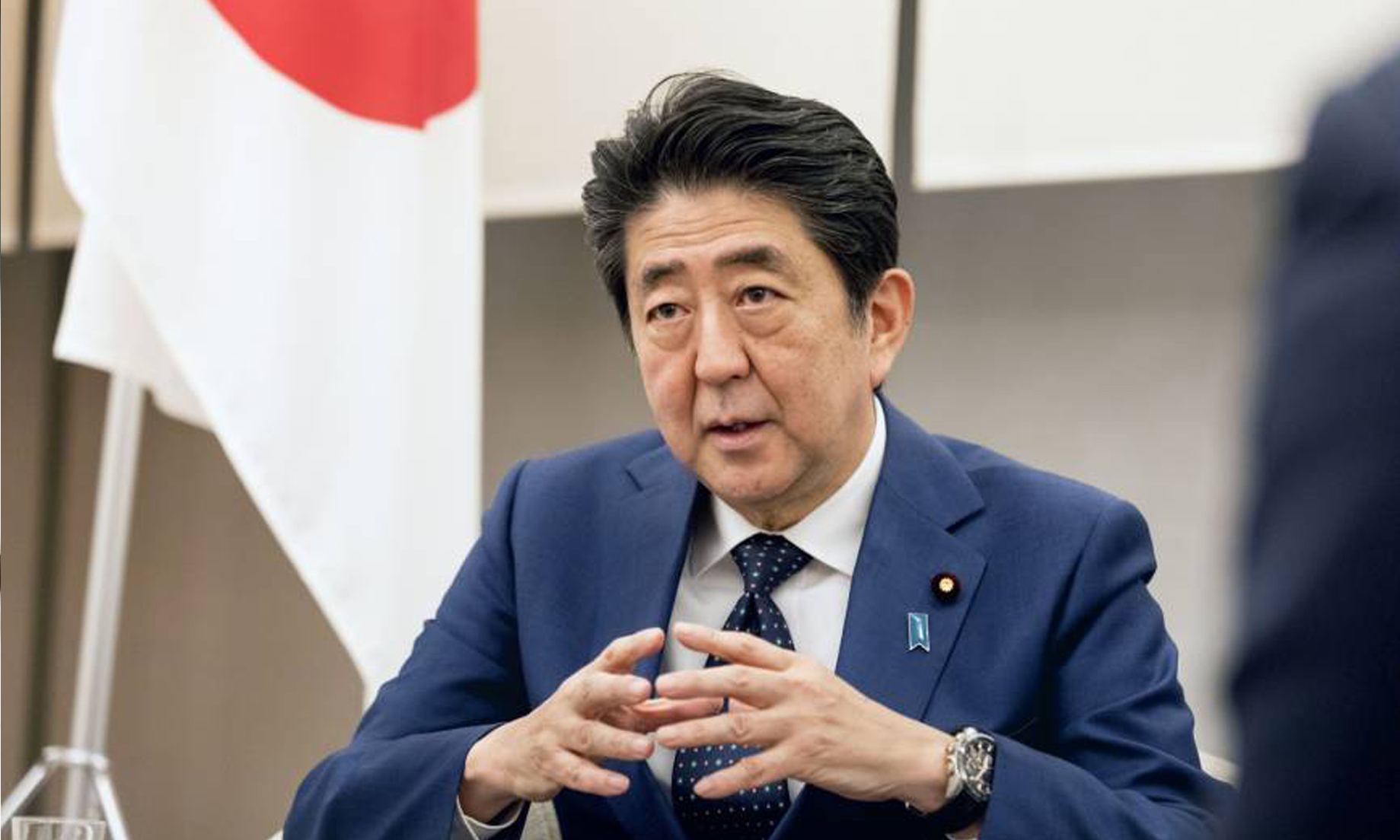TOKYO (NNN-AGENCIES) – Opinion polls suggest Japanese Prime Minister Shinzo Abe’s Liberal Democratic Party (LDP) and its junior coalition partner Komeito are expected to win upper house elections on July 21 despite having made little progress in domestic and foreign policy issues under his government.
Their predicted success in the elections, in which a total of 370 candidates are vying for 124 seats, about half of the House of Councillors, has been mainly put down to a weak and divided opposition.
Since the LDP retook power in December 2012, Abe’s government has struggled to achieve solid economic growth. Wages have been stagnant and consumer spending sluggish despite the monetary-easing policy the Bank of Japan has been implementing for more than six years.
Indeed, critics say Abe’s much-vaunted “Abenomics,” a set of economic measures, have been a failure. The policies are based on the “three arrows” of fiscal stimulus, monetary easing and structural reforms.
Nevertheless, Abe has decided to push ahead with his plan to increase the consumption tax from 8 to 10 per cent in October. The premier had postponed the hike twice before, just prior to the 2014 lower house election and the 2016 upper house race.
This time the opposition have been resisting Abe’s move amid signs that the nation’s economy is slowing.
Last week, a Bank of Japan survey showed confidence among large Japanese manufacturers declined to its lowest in nearly three years as the export-driven economy was hit by a slowdown in China and trade tensions among major economies.
Yukio Edano, the leader of the main opposition Constitutional Democratic Party of Japan, argued the increase should be suspended as the economy first needs to be put on “a fully-fledged recovery track by boosting household spending.”
Critics say Japan needs to reinvigorate the economy while dealing with underemployment, social security problems and an ageing population and declining birthrate.
Meanwhile, the hawkish premier is hoping to implement his plan to rewrite Japan’s pacifist constitution in 2020. Article 9 of the charter prohibits the use of force to settle international disputes.
But the ruling coalition does not currently have the two-thirds majority in the House of Councillors needed to initiate a national referendum on constitutional change.
And even if the coalition gains the necessary majority next week, such reforms are not popular among the supporters of Komeito, which is backed by major lay-Buddhist organization Soka Gakkai.
In September 2015, however, the ruling coalition pushed through controversial security bills that would allow the Japanese military to expand its role overseas.
Edano has argued that the move violated the rejection of war enshrined in the constitution.
Next weekend’s predicted victory for Abe also comes despite several scandals, after the opposition failed to capitalize on them and Japan’s conservative media downplayed them.
In 2017, opposition lawmakers alleged that the premier and his wife Akie were involved in the bargain-price sale of public land to a controversial nationalist primary school, where Akie briefly held a role as honorary principal.
Abe said the couple had nothing to do with the land sale, saying he “would quit as prime minister and a lawmaker” if he or his wife were found to be involved in the deal.
In the same year, a former top bureaucrat accused Abe of having used his office to swiftly approve the establishment of the veterinary medicine department of a university in the prefecture of Ehime, run by a friend of the premier. Abe again denied his involvement in the matter.
But analysts say if opposition parties could work together, Abe’s poor economic record and tarnished reputation would be enough to ensure the demise of his coalition government.
“If opposition parties were truly unified, they could defeat the ruling coalition in this election,” said Akikazu Hashimoto, professor of political science at JF Oberlin University in Tokyo.
NNN-AGENCIES






